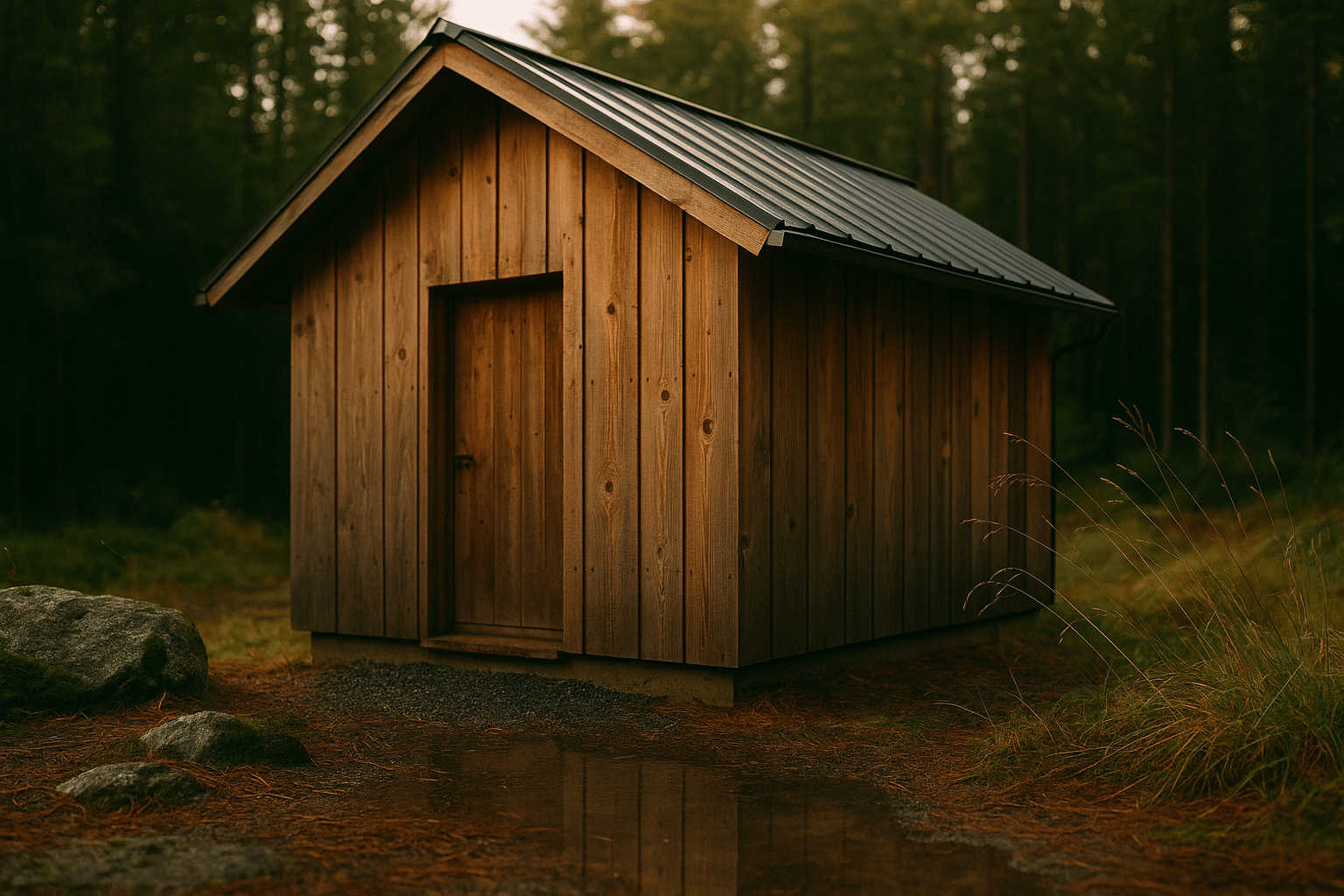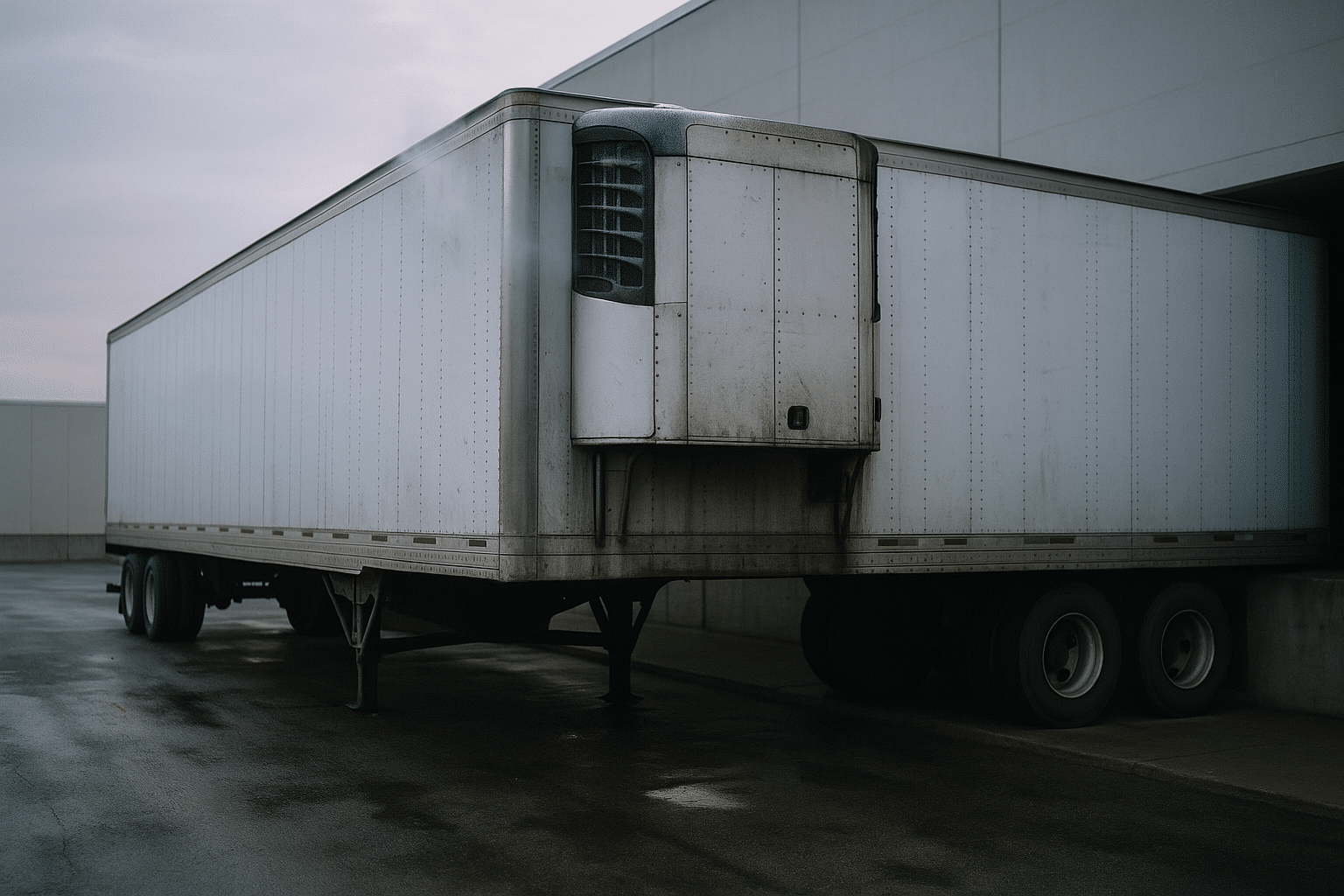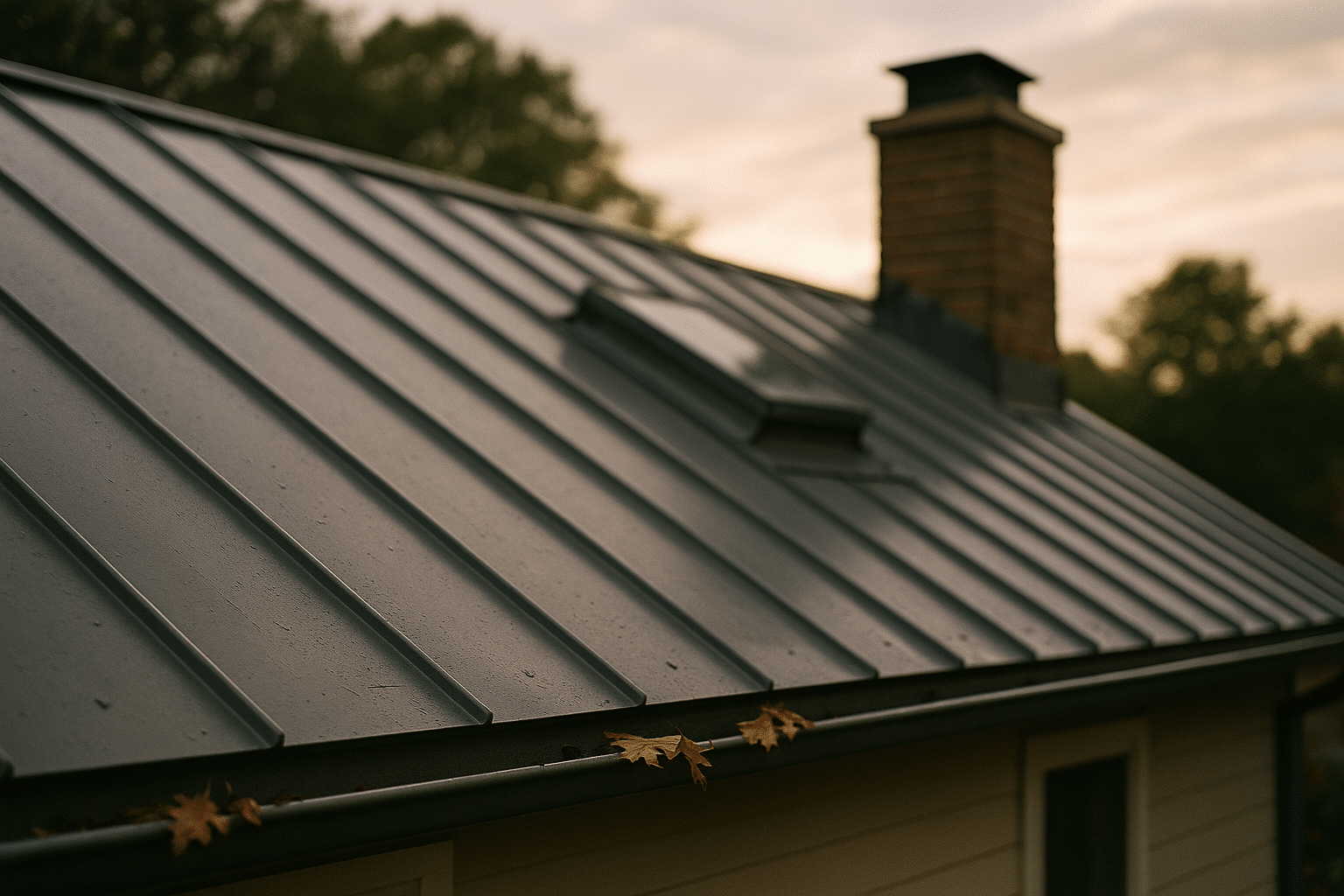
Upcycling: Turning Old Clothes into Trendy New Styles
The resurgence of sustainable fashion has brought ‘upcycling’ to the forefront, transforming old clothes into trendy new styles and offering an eco-friendly alternative to fast fashion.
As the fashion industry continues to evolve, the concept of upcycling has gained popularity among designers and consumers alike. Upcycling not only reduces waste but also breathes new life into garments, making it a vital component of sustainable fashion innovations.
Understanding the Impact of Upcycling
According to the Environmental Protection Agency, Americans throw away around 11 million tons of textiles each year. By opting to upcycle clothing, we can significantly reduce this waste. Fashion expert Lucy Siegle emphasizes, “Upcycling is about taking what’s already been created and transforming it into something that meets today’s style demands without the environmental cost.”
Why Upcycle?
- Environmental Benefits: Reduces landfill waste and CO2 emissions.
- Personal Expression: Offers a unique way to express personal style.
- Cost-Effective: Saves money by utilizing existing materials.
Personal Anecdotes: A Journey with Upcycling
Emma, a fashion enthusiast, shares her journey with upcycling. She turned her old denim jacket into a statement piece by adding patches and embroidery. “It’s rewarding to see something old transform into something I love,” she says.
Getting Started: Tips for Upcycling Your Wardrobe
- Start Small: Begin with simple projects like adding embellishments to a t-shirt.
- Gather Inspiration: Platforms like Pinterest are excellent for finding ideas.
- Invest in Tools: Basic sewing equipment and fabric glue can be handy.
- Experiment with Techniques: Try dyeing, patchwork, or embroidery.
Inspirational Examples: Upcycling Success Stories
| Original Item | Upcycled Result |
|---|---|
| Old Jeans | Denim Tote Bag |
| T-Shirt | Crop Top |
| Button-Up Shirt | Skirt |
| Sweater | Beanie |
| Dress | Two-Piece Set |
| Scarf | Headband |
| Blazer | Vest |
| Skirt | Handbag |
Building a Community Around Upcycling
Many communities and online forums focus on upcycling. Joining these groups can provide support, ideas, and a sense of belonging as you embark on your sustainable fashion journey.
Frequently Asked Questions
What is upcycling?
Upcycling is the process of transforming old or unused items into something new and of higher quality or value.
How does upcycling differ from recycling?
Recycling breaks down materials to create new products, while upcycling involves creatively reusing existing items without breaking them down.
Can anyone start upcycling?
Yes, anyone can start upcycling with a bit of creativity and some basic tools.
Where can I find resources for upcycling?
Online platforms and local workshops are great places to learn upcycling techniques.
Conclusion
Upcycling offers a creative and sustainable alternative to fast fashion, allowing individuals to reduce waste and express their unique style. By embracing upcycling, we not only help the planet but also inspire others to think creatively about their wardrobes. Start your upcycling journey today and see the impact you can make!
For further reading, explore resources on sustainable fashion or join online communities dedicated to upcycling for more inspiration and guidance.


